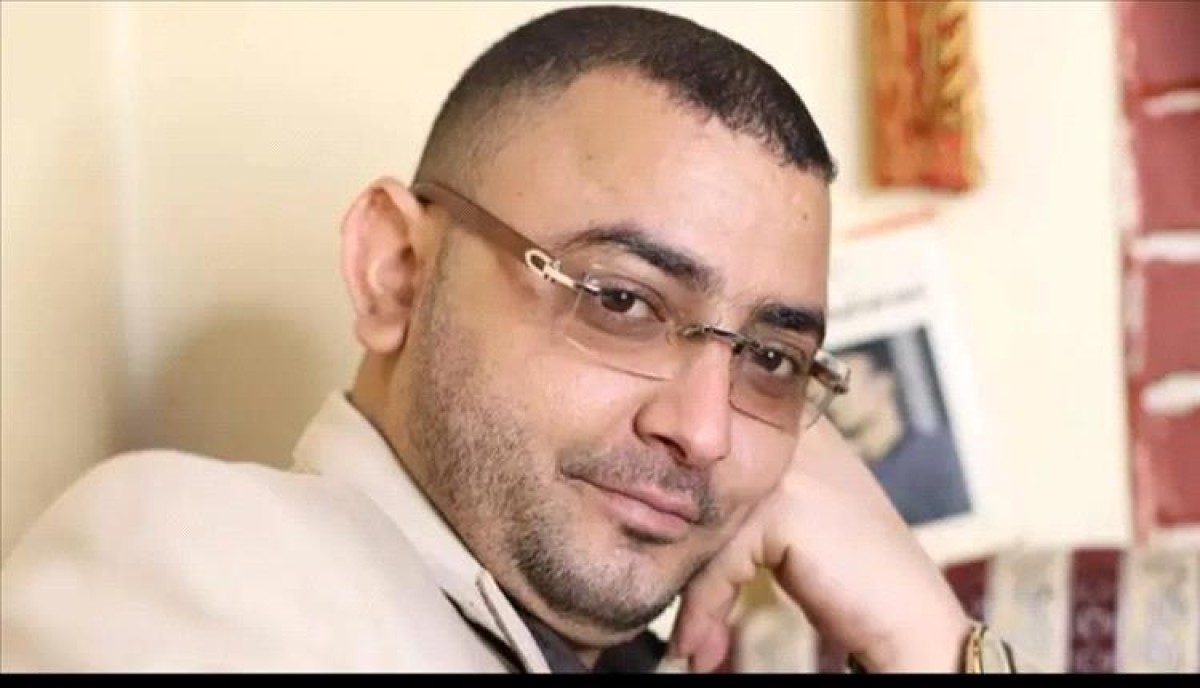A Houthi court in Sanaa is imprisoning the journalist Muhammad Dabwan Al -Mayahi, against the background of a publication


He issued a specialized criminal court in Sana'a, which is under the control of the Houthi group, a sentence of journalist and writer Mohamed Dabwan Al -Mayahi for a year and a half, against the backdrop of accusations that observers and supporters of freedom of expression considered as “malicious and political”.
According to the lawyer Abdul Majeed Sabra, the verdict came with three basic points:
The journalist Muhammad Dabwan Al -Mayahi’s conviction of the charges against him in the indictment.
He was sentenced to a year and a half.
Obliging him to submit a written pledge and a financial guarantee of five million riyals, as a precautionary condition to prevent the repetition of what the court described as “violating verbs”.
The lawyer, Sabra, explained that the reason for the real targeting of Al -Mayahi is a publication for him, in which he called for the exit to the Square Square in Sana'a, which the Houthi authorities considered incitement, although the accusation decision was not explicitly referred to the publication, but rather was thrown in the name of channels such as “Belqis” and “Yemen Youth” in the charges as a justification to increase the punishment.
Sabra pointed out that the ruling pronunciation session witnessed a direct discussion between Judge Rabie Al -Zubair and the journalist Al -Mayahi, centered on the freedom to go out to the seventy, which reflects that the court has already judged Al -Mayahi on his opinion and his position, not on what was stated in the case file.
It is noteworthy that the verdict was read over the phone, in an unprecedented step that reflects what activists described as "underestimating the judicial procedures", and affirming the politicization of the judiciary in the areas of the Houthi control, and its exploitation to liquidate the free press votes.
This ruling comes amid a disturbing escalation in the violations of the Houthi group against journalists and activists, and the almost complete absence of any legal or legal guarantees for the accused within the group’s courts, which has become a suppression tool in the hands of the de facto authority.